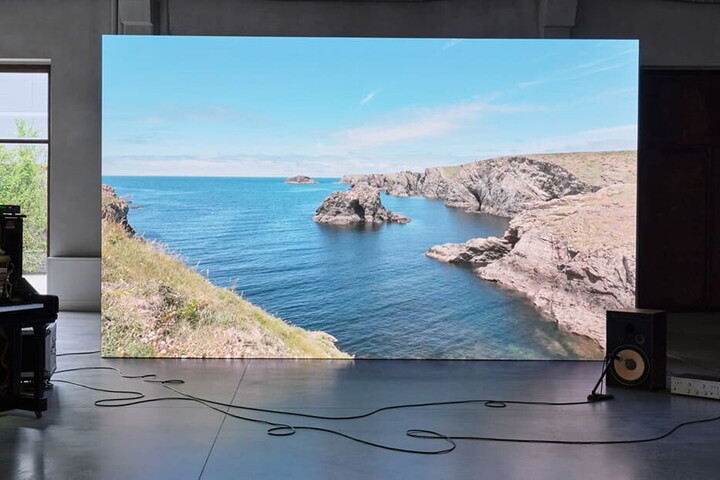There's a French proverb that I like: "Everyone sees noon at his door."
Translation: just as our perception of time varies depending on where we are, so our perception of things varies depending on our personal situation.
To put it more bluntly: we see our own interests first and believe that our own problems are the most important.
Philosophically, this is disappointing: we would like more altruism and higher views. Humanly, however, I find it rather reassuring that everyone sees noon at their door. It's reassuring because it's human, and that's why since the beginning of the confinement (you didn't seriously imagine we were going to talk about something else?), I decided to write a little text every day about how a person sees noon at their door, right now.
In the beginning, I used to do that with people I know, friends who I call with or Skype. Those who are in Paris, those who are in the country, those who are alone, those who are with their family or with their partner, those who have sick or dead people around them, those who, like me, are still virgins in this matter... And then I started interviewing my neighbours in the building, and then people in the street. Those queuing in front of the supermarket, the homeless, the small dealers who operate under my windows... I collected a few dozen micro stories, of very uneven interest, but, hey, it's my way of practicing this new literary genre that is the confinement journal.
Now, if you want to know what noon looks like on my own doorstep and what I'm really busy with, the answer is: a book. Not the beginning of a book: the end of a book. I'm well aware that there are more important things in the world, but there are none more important to me. This book I am finishing is a book about yoga – that's what it's called: Yoga. It's a funny book about yoga because it also deals with jihadist terrorism, the refugee crisis and a melancholy depression that caused me to spend four months in a psychiatric hospital where I was subjected to 14 electric shocks.
A book about yoga, then, but one could also say: a book that, from a yoga perspective, tells of five years of a life. With this book, I had reached the very precise moment when you start putting commas back in the places where you took them out – a sign that doesn't deceive: if you keep going, you're going to damage the text instead of improving it. I had promised to send the final file to my publisher in mid-April, I had promised myself I'd finish it by mid-April no matter what, but what happened was that on March 17th we all, in France, found ourselves confined, and so it was that, confined to my Parisian apartment, between two chess games with my 13-year-old daughter (she starts beating me), I brought mid-April the last corrections to this book.
Each time I open the file, I feel an unprecedented anxiety. My question is not so much: is it good? – I normally ask myself this question, it's a typical and reassuring question in normal times – but: isn't it outdated? A book from the world before, a book that would perhaps have been interesting in the world before, but which, if it doesn't incorporate this enormous thing that has happened to us in the meantime, risks being, yes, out of date.
I've never had that feeling, nor has anyone, I think. We were all stunned by the fall of the Twin Towers, the mightiest historical event that had ever happened in our lifetime, but no writer, I think, thought that his novel about a love triangle or the first disillusions of his childhood had become obsolete after September 11, 2001. So what then? So it doesn't matter: I'm continuing, correcting, putting the finishing touches to my book on yoga. It may sound ridiculous but - if yoga is what I think it is- , it's not, and neither is trying to describe, not so much a little life, but through a little life, the aspiration to be who you want to be and the destructive forces that prevent you from being: our struggle, more or less, all of us.
I go on like this: this is my form of resilience. This morning, I fell back into my scrupulous squaring of the text on a passage in which I recount a dinner at a friend's house in December 2014. We'd had a lot to drink and, as we were leaving, on the doorstep, we had a rather funny discussion about whether to shake hands, as we'd been doing until now, or to give each other a kiss. We wondered how and when exactly the habit of kissing male friends had spread, a habit which in our remote youth would have seemed to us both to be completely ridiculous. Finally we kissed. A month later, a friend named Bernard Maris was murdered in the attack on Charlie Hebdo. And five years later, I was seized with heart-wrenching nostalgia when I re-read that passage. For that time when we could hesitate between a handshake and a kiss, that time when we kissed so easily in both senses of the word: by taking the other one in our arms or by putting our lips on his cheek.
More and more of us are afraid that time is gone, that it will not come back, that even when the confinement is lifted we will no longer be able to embrace each other.




